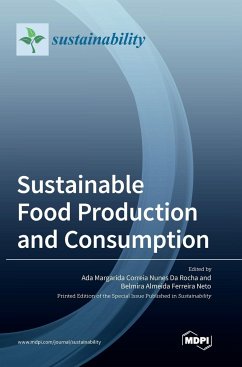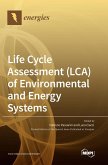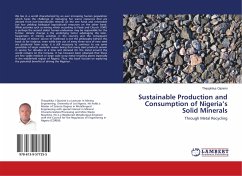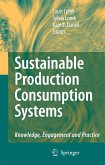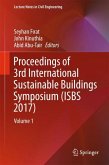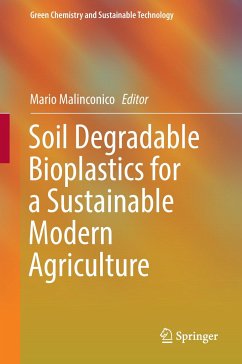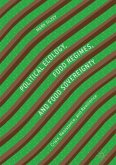According to the Food and Agriculture Organization of the United Nations, one-third of the world's food produced for human consumption is lost or discarded. Meanwhile, the world needs to create a sustainable food future to feed the more than 9 billion people that are expected to inhabit the planet by 2050. The United Nations' Sustainable Development Goals represent a global agenda for improving sustainability at a global level, and one of these goals (goal 12) is devoted to ensuring sustainable production and consumption patterns. This Special Issue intends to unify multidisciplinary areas of knowledge, under the sustainability pillar, based on knowledge about one of the most relevant agents for overall environmental impacts: food production and consumption. Therefore, the aim of this Special Issue is to highlight sustainability assessment in the contexts of agri-food production, food consumption, and food waste reduction to meet the needs of updating knowledge and developing new skills required by multiple social and economic agents. Food waste implies significant economic losses, ethical and social issues, adverse environmental effects, and considerable nutritional consequences, posing a threat to global sustainability. The purpose of this issue is to shine a light on the significance of research and practical initiatives engaged in the United Nations Agenda 2030 for Sustainable Development, specifically in protecting the planet by promoting sustainability in food production and consumption aiming at informing and influencing policy and practice globally.
Hinweis: Dieser Artikel kann nur an eine deutsche Lieferadresse ausgeliefert werden.
Hinweis: Dieser Artikel kann nur an eine deutsche Lieferadresse ausgeliefert werden.

